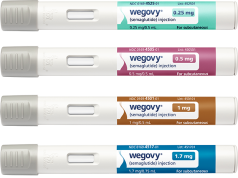In fully adjusted models, SNAP linked to lower annual health care expenditure for low-income adults
MONDAY, Sept. 25, 2017 (HealthDay News) — For low-income adults, participation in the Supplemental Nutrition Assistance Program (SNAP) is associated with a reduction in health care expenditures, according to a study published online Sept. 25 in JAMA Internal Medicine.
Seth A. Berkowitz, M.D., M.P.H., from Massachusetts General Hospital in Boston, and colleagues conducted a retrospective cohort study involving 4,447 non-institutionalized adults with income below 200 percent of the federal poverty threshold to examine whether SNAP can reduce health care expenditures. Of the participants, 1,889 were enrolled in SNAP and 2,558 were not.
The researchers found that SNAP participants were younger, more likely to have public insurance or be uninsured, and more likely to be disabled than other low-income adults. Health care expenditures were similar for those who did and did not participate in SNAP in age- and gender-adjusted models (difference, $34; 95 percent confidence interval, −$1,097 to $1,165). SNAP correlated with lower estimated annual health care expenditures in fully-adjusted models (−$1,409; 95 percent confidence interval, −$2,694 to −$125). Sensitivity analyses were consistent with these results, with significantly lower estimated expenditures associated with SNAP participation.
“Encouraging SNAP enrollment among eligible adults may help reduce health care costs in the United States,” the authors write.
Abstract/Full Text (subscription or payment may be required)
Copyright © 2017 HealthDay. All rights reserved.








